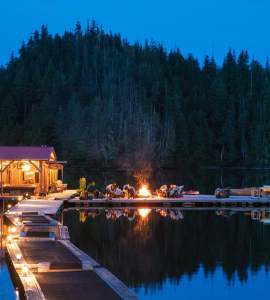185 blogs
Blog
Why Scott Dunn?
You are on our UK website
We noticed that you are in US and recommend that you explore our US website instead.
Or continue to explore our UK website












